- Police University College
- en
- Current issues
- News item
Survey: The diversity of police education is promoted through close cooperation with schools
A recent survey examined how diverse student recruitment is carried out in the police, what the challenges are and how it could be promoted.
Information and experience on diverse recruitment was gathered from recruitment workers and related parties in the police for the report on "Monimuotoisen rekrytoinnin esteet ja edistäminen” (“Barriers and promotion of diverse recruitment") carried out by the Police University College. At the same time, consideration was given to the factors preventing or reducing the opportunities for people from different backgrounds, such as language or ethnic minorities, to seek and become a student at the Police University College.
‒ Relatively few people from different backgrounds apply and are selected for police education. If Finns have different opportunities to apply and be selected for police education, depending on their background, it may indicate problems of equality among citizens. Ultimately, it could also jeopardize the ability of the police to serve all citizens equally effectively, and would undermine, among other things, the ability of the police to fight internationally networked crime, say researchers Marko Juutinen and Jenita Rauta.
The data for the survey was collected from research literature, interviews and a workshop for the police recruitment liaison officers network. According to the results, diverse recruitment may be hindered by, for example, inadequate information about the work and position of the police in Finnish society among people with a minority background or ideas about the attitude of the police. The language requirements of the Police University College's selection tests or the requirement of understanding Swedish in an official capacity may also be obstacles, especially for people with an immigrant background.
In order to promote the recruitment of people from different backgrounds to police education and thus to the police organisation, the researchers propose concrete actions such as increasing the number of school police and school visits for the Police University College students, close co-operation with secondary school guidance counselling and training courses organised by private bodies. The report also shows that the police's own communications and the values they convey, as well as internal attitude, deserve to be investigated.
‒ The police service has been working on diverse recruitment since the end of the 1990s. However, this work has not been managed centrally and on a national basis over a long period of time, which has meant that any obstacles encountered by special groups in applying for police education have been largely neglected. This can also explain why previous research on the subject is rather scarce, Juutinen and Rauta state.
‒ Thus, in addition to concrete recruitment measures, we would like to see more research into the attitudes and perceptions toward the police by people from an immigrant background as well as the effectiveness of recruitment measures.
The survey now published is part of the recruitment project carried out by the Police University College in 2020.
socialShareGray




